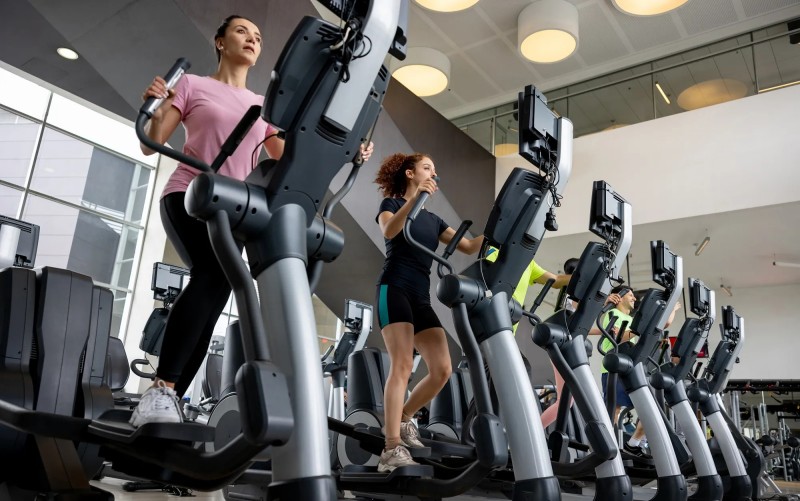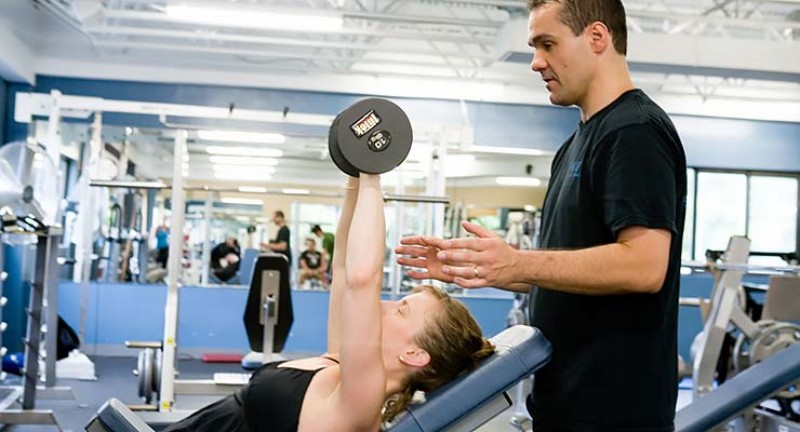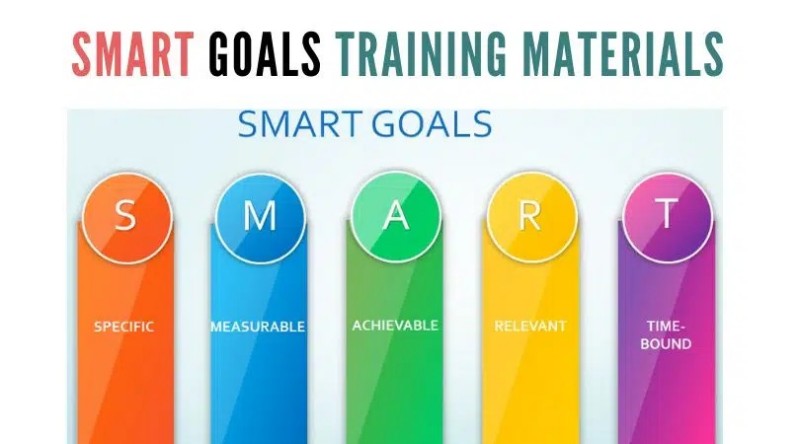Current location:Home > Expert Hub > Industry Reports > Text
Time:2025-06-17 Source:Mind Body FuelAuthor:Click:12
As the world becomes more health-conscious, the popularity of fitness trackers has skyrocketed. These devices promise to measure everything from steps to sleep, heart rate to calories burned. But how accurate are fitness trackers? This question has piqued the interest of researchers worldwide, leading to a number of fitness tracker accuracy studies.
In a comprehensive study published in the Journal of Personal Health and Fitness in 2024, researchers compared data from various fitness trackers to laboratory results. They found that while these trackers provide a good estimate, they may not be 100% accurate. It was noted that the accuracy varied depending on the type of activity and the individual’s physical characteristics.
When it comes to counting steps, fitness trackers tend to be quite accurate. In a 2023 study from the Journal of Sport and Exercise Science, researchers found that most fitness trackers were within 10% of the actual step count. However, the accuracy declined when participants were walking at slower speeds or were involved in activities that involved their hands, like cooking or washing dishes.
Calorie burn estimation, on the other hand, is a different story. Fitness trackers use algorithms based on factors like heart rate and movement to estimate the calories burned. However, these estimates can be off by a significant margin. The 2024 study revealed that some fitness trackers overestimated calorie burn by as much as 50% during certain activities.
So, what does this mean for fitness enthusiasts who rely on their trackers to monitor their health and fitness goals? While fitness trackers can provide valuable insights, they should not be the sole basis for health decisions. It’s important to remember that these devices are designed to support and motivate physical activity, not to replace professional medical advice.
Here are some practical tips to get the most out of your fitness tracker:
Firstly, ensure you’ve set up your device correctly. Input your details accurately, including height, weight, and age. These details factor into the tracker’s algorithm for calculating metrics like calorie burn.
Secondly, regularly update your fitness tracker. Manufacturers often refine their algorithms and fix bugs through software updates, which can improve accuracy.
Lastly, use your fitness tracker as a guide rather than an absolute measure. If your tracker shows you’re becoming more active over time, that’s a positive sign. But if you have specific health concerns or goals, it’s best to consult with a healthcare professional.
In conclusion, while fitness tracker accuracy studies reveal that these devices are not flawlessly accurate, they are still valuable tools for encouraging and tracking physical activity. With the right perspective and approach, fitness trackers can be a powerful ally in your health and wellness journey.

EMS Training Suits: Comparing Katalyst to AXIS

Ankle Sprain Rehabilitation: Expert Tips for a Speedy Recovery

Optimizing Wellness with Nutritionist AI Assistants: A Comprehensive Guide

Discover the Benefits of Snore Analysis Apps for Better Sleep

Trampolines Rebounding: An Exciting Route to Wellness and Weight Management

Delving into Fitness Tracker Accuracy: Insights from Recent Studies

Maximizing Your Workout with Fitness Equipment Software

Unleashing the Power of Baobab Vitamin C for Your Health and Beauty

Exploring the Limitations of Telehealth Physical Therapy

Unleashing Your Badminton Smash Power for Optimum Wellness and Performance
 EMS Training Suits: Comparing Katalyst to AXIS
EMS Training Suits: Comparing Katalyst to AXIS
 Delving into Fitness Tracker Accuracy: Insights from Recent Studies
Delving into Fitness Tracker Accuracy: Insights from Recent Studies






Copyright @ 2025 Mind & Body Fuel Email:xya0876@gmail.com No:26148
Statement: The articles on this website are all from the Internet and do not represent any views. Before making any health decisions, you must consult your doctor.